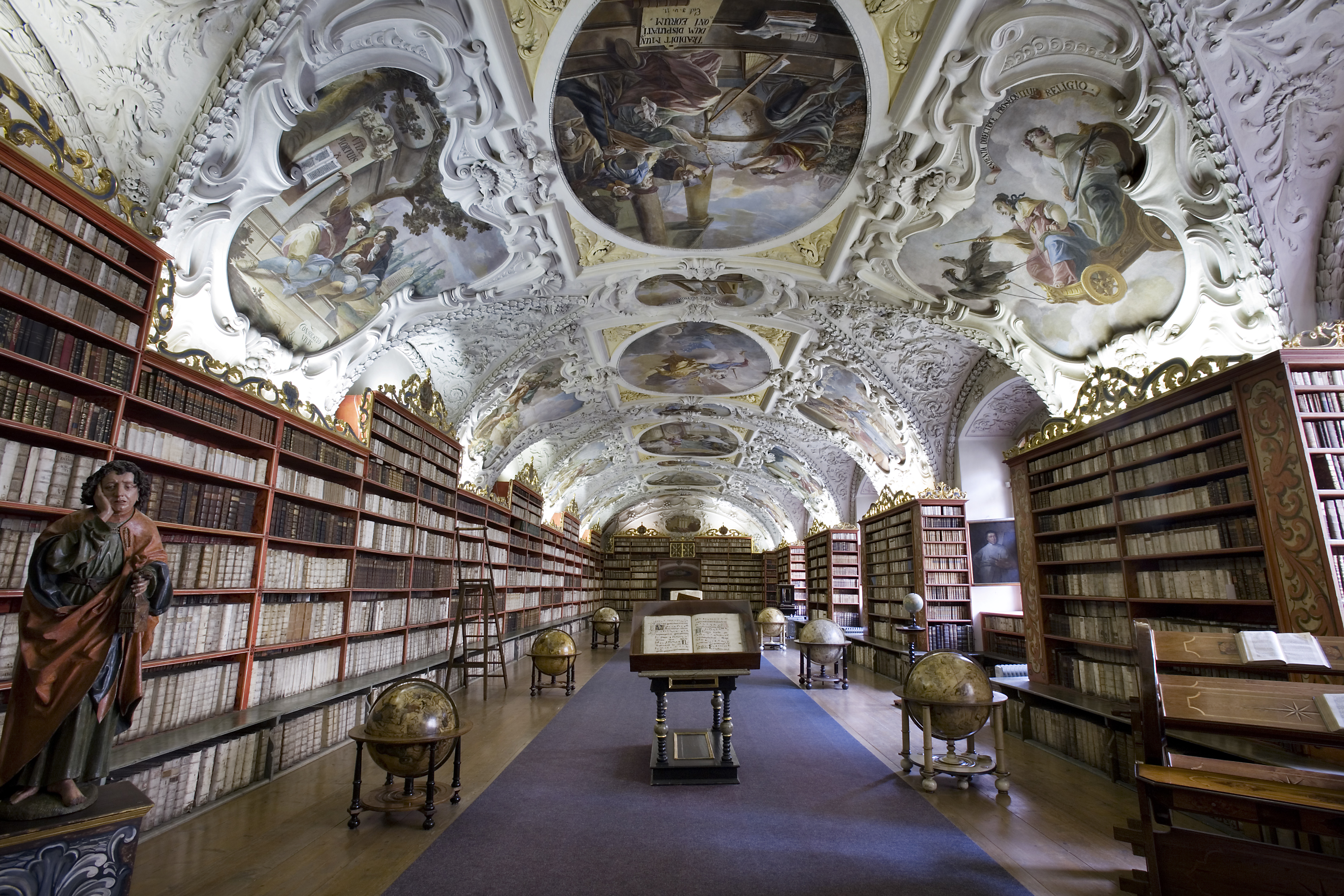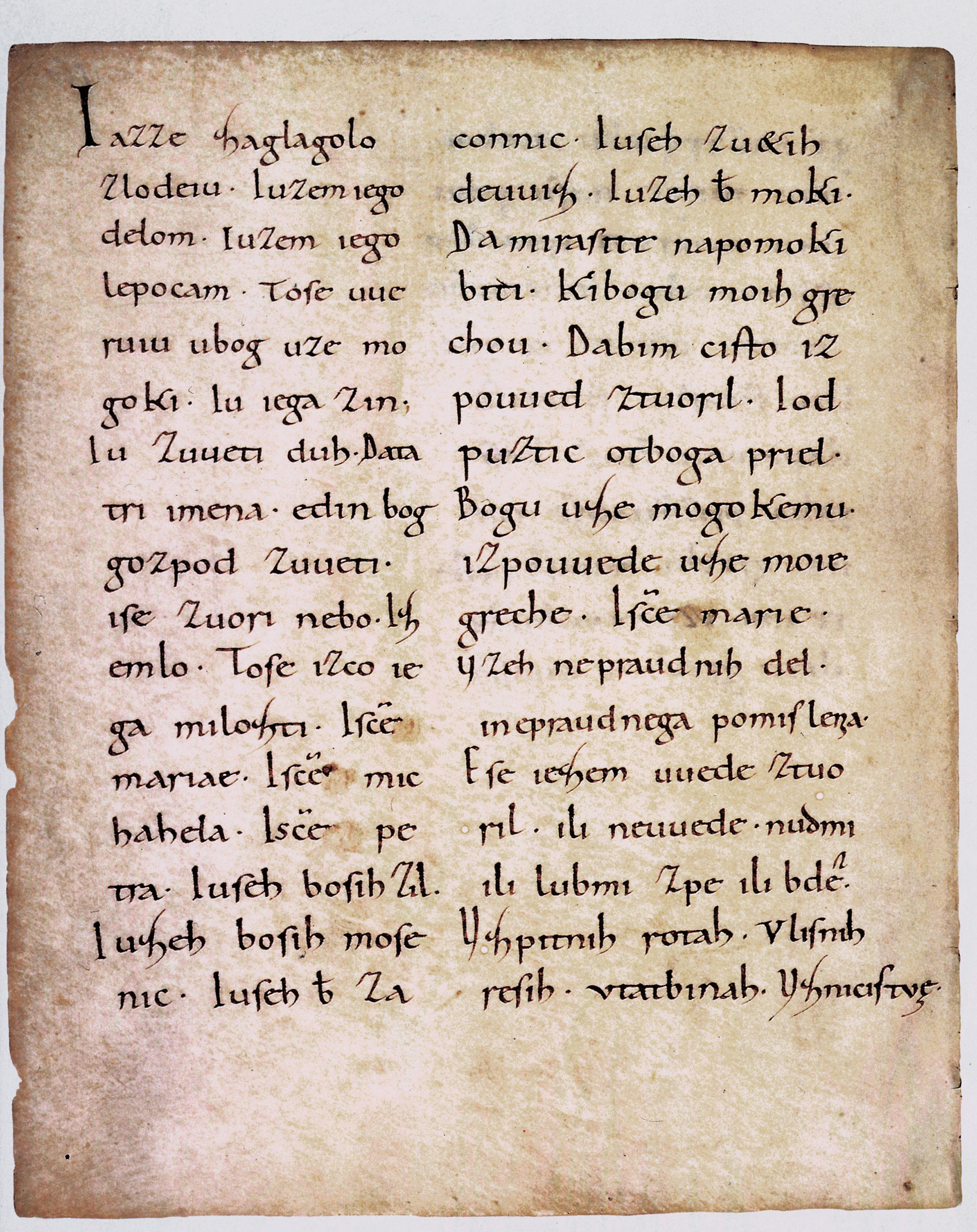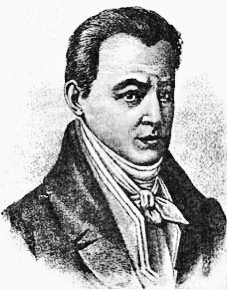|
Alfred Anton Jensen
Alfred Anton Jensen (30 September 1859 — 15 September 1921) was a Swedish historian, Slavist, writer, poet, and translator. Biography Alfred Jensen was born in Hälsingtuna, Gävleborg County, and studied at Uppsala University. From 1884 to 1887 he worked for one of Sweden's largest newspapers — Göteborgs ''Handels-och Sjöfartstidning''. He visited Germany, Serbia, Bulgaria and other Slavic countries. In 1901 he received a position at the Nobel Institute of the Swedish Academy at Stockholm. In 1907 he received an honorary degree in philosophy from the Uppsala University. Jensen became one of the prominent translators of Slavic literature into Swedish. He translated Gogol, Turgenev, Pushkin, Lermontov, Shevchenko, Kotsyubynsky and Mickiewicz. He also contributed literary critique on Russian, Ukrainian, Bulgarian, Slovenian and Czech literature. His historic works included ''Russian cultural history'', ''Mazepa'' and others. In 1911 he became a member of the Shevchenko Sc ... [...More Info...] [...Related Items...] OR: [Wikipedia] [Google] [Baidu] |
Alfred Jensen
Alfred Julio Jensen (11 December 1903 – 4 April 1981) was an abstract painter. His paintings are often characterized by grids of brightly colored triangles, circles or squares, painted in thick impasto. Conveying a complex web of ideas, often incorporating calligraphy or numerical systems, they are frequently referred to as "concrete" abstract art. After his death in 1981, the Guggenheim organized a major retrospective of his work, having held his solo exhibition there in 1961. Biography Alfred Jensen was born in Guatemala City, Guatemala, on December 11, 1903. His father Peter was a Danish entrepreneur, and his mother Anna a German-Polish governess working for a French family. Upon his mother's death in 1910, the seven-year-old was sent to Hørsholm, Denmark, to live with his uncle. After graduating from elementary school in Denmark in 1917, Jensen traveled extensively working as a ship's cabin boy—drawing portraits of the passengers and crew. Between 1921 and 1923, he work ... [...More Info...] [...Related Items...] OR: [Wikipedia] [Google] [Baidu] |
Swedish Language
Swedish ( ) is a North Germanic language spoken predominantly in Sweden and in parts of Finland. It has at least 10 million native speakers, the fourth most spoken Germanic language and the first among any other of its type in the Nordic countries overall. Swedish, like the other Nordic languages, is a descendant of Old Norse, the common language of the Germanic peoples living in Scandinavia during the Viking Era. It is largely mutually intelligible with Norwegian and Danish, although the degree of mutual intelligibility is largely dependent on the dialect and accent of the speaker. Written Norwegian and Danish are usually more easily understood by Swedish speakers than the spoken languages, due to the differences in tone, accent, and intonation. Standard Swedish, spoken by most Swedes, is the national language that evolved from the Central Swedish dialects in the 19th century and was well established by the beginning of the 20th century. While distinct regional varieties ... [...More Info...] [...Related Items...] OR: [Wikipedia] [Google] [Baidu] |
Shevchenko Scientific Society
The Shevchenko Scientific Society () is a Ukrainian scientific society devoted to the promotion of scholarly research and publication that was founded in 1873. Unlike the government-funded National Academy of Sciences of Ukraine, the society is a public organization. It was reestablished in Ukraine in 1989 during fall of the Soviet Union, after being exiled from Ukraine since 1940. The society now has branches in several countries around the globe, such as the United States, Canada, Australia, and France. The organisation is named after the famous Ukrainian poet, writer, artist, public and political figure, Taras Shevchenko. History It was founded in 1873 in Lemberg (today Lviv), at that time the capital of the Austrian crown land of Kingdom of Galicia and Lodomeria, as a literary society devoted to the promotion of Ukrainian language literature initially under the name Shevchenko Society. It was established soon after another cultural society better known as Prosvita (Enligh ... [...More Info...] [...Related Items...] OR: [Wikipedia] [Google] [Baidu] |
Czech Literature
Czech literature can refer to literature written in Czech, in the Czech Republic (formerly Czechoslovakia, earlier the Lands of the Bohemian Crown), or by Czech people. Most literature in the Czech Republic is now written in Czech, but historically, a considerable part of Czech literary output was written in other languages as well, including Latin and German. Middle Latin works Bohemia was Christianized in the late 9th to 10th centuries, and the earliest written works associated with the kingdom of Bohemia are Middle Latin works written in the 12th to 13th centuries (with the exception of the Latin ''Legend of Christian'', supposedly of the 10th century but of dubious authenticity). The majority of works from this period are chronicles and hagiographies. Bohemian hagiographies focus exclusively on Bohemian saints (Sts. Ludmila, Wenceslas, Procopius, Cyril and Methodius, and Adalbert), although numerous legends about Bohemian saints were also written by foreign authors. Th ... [...More Info...] [...Related Items...] OR: [Wikipedia] [Google] [Baidu] |
Slovenian Literature
Slovene literature is the literature written in Slovene. It spans across all literary genres with historically the Slovene historical fiction as the most widespread Slovene fiction genre. The Romantic 19th-century epic poetry written by the leading name of the Slovene literary canon, France Prešeren, inspired virtually all subsequent Slovene literature. Literature played an important role in the development and preservation of the Slovene identity because the Slovene nation did not have its own state until 1991 after the Republic of Slovenia emerged from the breakup of Yugoslavia. Poetry, narrative prose, drama, essay, and criticism kept the Slovene language and culture alive, allowing - in the words of Anton Slodnjak - the Slovenes to become a real nation, particularly in the absence of masculine attributes such as political power and authority. Early literature There are accounts that cite the existence of an oral literary tradition that preceded the Slovene written lit ... [...More Info...] [...Related Items...] OR: [Wikipedia] [Google] [Baidu] |
Bulgarian Literature
Bulgarian literature is literature written by Bulgarians or residents of Bulgaria, or written in the Bulgarian language; usually the latter is the defining feature. Bulgarian literature can be said to be one of the oldest among the Slavic peoples, having its roots during the late 9th century and the times of Simeon I of the First Bulgarian Empire. Notable modern Bulgarian works of literature are '' The Peach Thief'' by Emiliyan Stanev, ''September'' by Geo Milev, ''Under The Yoke'' by Ivan Vazov, ''The Windmill'' by Elin Pelin, and ''Depths'' by Dora Gabe. The book ''Wild Stories'' (Divi Razkazi/Диви разкази) by Nikolay Haytov is included in the UNESCO Historical Collection. Middle Ages With the Bulgarian Empire welcoming the disciples of Cyril and Methodius after they were expelled from Great Moravia, the country became a centre of rich literary activity during what is known as the Golden Age of medieval Bulgarian culture. In the late 9th, the 10th and early 11t ... [...More Info...] [...Related Items...] OR: [Wikipedia] [Google] [Baidu] |
Ukrainian Literature
Ukrainian literature is literature written in the Ukrainian language. Ukrainian literature mostly developed under foreign domination over Ukrainian territories, foreign rule by the Polish–Lithuanian Commonwealth, Poland, the Russian Empire, the Kingdom of Romania, the Austria-Hungary Empire, and the Ottoman Empire, enriched Ukrainian culture and language, and Ukrainian authors were able to produce a rich literary heritage. Ukrainian literature’s precursor: writings in Old-Church Slavonic and Latin in Ukraine Prior to the establishment of Ukrainian literature in 1700s, many authors from Ukraine wrote in "scholarly" languages of middle-ages – Latin and Old-Church Slavonic. Among prominent authors from Ukraine who wrote in Latin and Old-Church Slavonic are Hryhorii Skovoroda, Yuriy Drohobych, Stanislav Orikhovsky-Roxolan, Feofan Prokopovych, , and others. The beginnings of oral Ukrainian literature During this period of history there was a higher number of elementa ... [...More Info...] [...Related Items...] OR: [Wikipedia] [Google] [Baidu] |
Russian Literature
Russian literature refers to the literature of Russia and its émigrés and to Russian language, Russian-language literature. The roots of Russian literature can be traced to the Middle Ages, when epics and chronicles in Old East Slavic were composed. By the Age of Enlightenment, literature had grown in importance, and from the early 1830s, Russian literature underwent an astounding golden age in poetry, prose and drama. Romanticism permitted a flowering of poetic talent: Vasily Zhukovsky and later his protégé Alexander Pushkin came to the fore. Prose was flourishing as well. Mikhail Lermontov was one of the most important poets and novelists. The first great Russian novelist was Nikolai Gogol. Then came Ivan Turgenev, who mastered both short stories and novels. Fyodor Dostoyevsky, Fyodor Dostoevsky and Leo Tolstoy soon became internationally renowned. Other important figures of Russian realism were Ivan Goncharov, Mikhail Saltykov-Shchedrin and Nikolai Leskov. In the second h ... [...More Info...] [...Related Items...] OR: [Wikipedia] [Google] [Baidu] |
Adam Mickiewicz
Adam Bernard Mickiewicz (; 24 December 179826 November 1855) was a Polish poet, dramatist, essayist, publicist, translator and political activist. He is regarded as national poet in Poland, Lithuania and Belarus. A principal figure in Polish Romanticism, he is one of Poland's "Three Bards" ( pl, Trzej Wieszcze) and is widely regarded as Poland's greatest poet. He is also considered one of the greatest Slavic and European poets and has been dubbed a "Slavic bard". A leading Romantic dramatist, he has been compared in Poland and Europe to Byron and Goethe. He is known chiefly for the poetic drama ''Dziady'' (''Forefathers' Eve'') and the national epic poem '' Pan Tadeusz''. His other influential works include '' Konrad Wallenrod'' and '' Grażyna''. All these served as inspiration for uprisings against the three imperial powers that had partitioned the Polish–Lithuanian Commonwealth out of existence. Mickiewicz was born in the Russian-partitioned territories of the former G ... [...More Info...] [...Related Items...] OR: [Wikipedia] [Google] [Baidu] |
Mykhailo Kotsiubynsky
Mykhailo Mykhailovych Kotsiubynsky ( uk, Михайло Михайлович Коцюбинський), (September 17, 1864 – April 25, 1913) was a Ukrainian author whose writings described typical Ukrainian life at the start of the 20th century. Kotsiubynsky's early stories were described as examples of ethnographic realism; in the years to come, with his style of writing becoming more and more sophisticated, he evolved into one of the most talented Ukrainian impressionist and modernist writers. The popularity of his novels later led to some of them being made into Soviet movies. Life He grew up in Bar, Vinnytsia region and several other towns and villages in Podolia, where his father worked as a civil servant. He attended the Sharhorod Religious Boarding School from 1876 until 1880. He continued his studies at the Kamianets-Podilskyi Theological Seminary, but in 1882 he was expelled from the school for his political activities within the socialist movement. Already he had been ... [...More Info...] [...Related Items...] OR: [Wikipedia] [Google] [Baidu] |
Taras Shevchenko
Taras Hryhorovych Shevchenko ( uk, Тарас Григорович Шевченко , pronounced without the middle name; – ), also known as Kobzar Taras, or simply Kobzar (a kobzar is a bard in Ukrainian culture), was a Ukraine, Ukrainian poet, writer, artist, public and political figure, folklore, folklorist and ethnography, ethnographer.Taras Shevchenko in the Great Soviet Encyclopedia, 3rd Edition. 1970-1979 (in English) His literary heritage is regarded to be the foundation of modern Ukrainian literature and, to a large extent, the modern Ukrainian language, though this is different from the language of his poems. He also wrote some works in Russian (nine novellas, a diary, and an autobiography). Shevchenko is also known for his many masterpieces as a painter and an illustrator. [...More Info...] [...Related Items...] OR: [Wikipedia] [Google] [Baidu] |
Lermontov
Mikhail Yuryevich Lermontov (; russian: Михаи́л Ю́рьевич Ле́рмонтов, p=mʲɪxɐˈil ˈjurʲjɪvʲɪtɕ ˈlʲɛrməntəf; – ) was a Russian Romantic writer, poet and painter, sometimes called "the poet of the Caucasus", the most important Russian poet after Alexander Pushkin's death in 1837 and the greatest figure in Russian Romanticism. His influence on later Russian literature is still felt in modern times, not only through his poetry, but also through his prose, which founded the tradition of the Russian psychological novel. Biography Mikhail Yuryevich Lermontov was born in Moscow into the respectable noble family of Lermontov, and he grew up in the village of Tarkhany (now Lermontovo in Penza Oblast). His paternal family descended from the Scottish family of Learmonth, and can be traced to Yuri (George) Learmonth, a Scottish officer in the Polish–Lithuanian service who settled in Russia in the middle of the 17th century. He had been captur ... [...More Info...] [...Related Items...] OR: [Wikipedia] [Google] [Baidu] |









